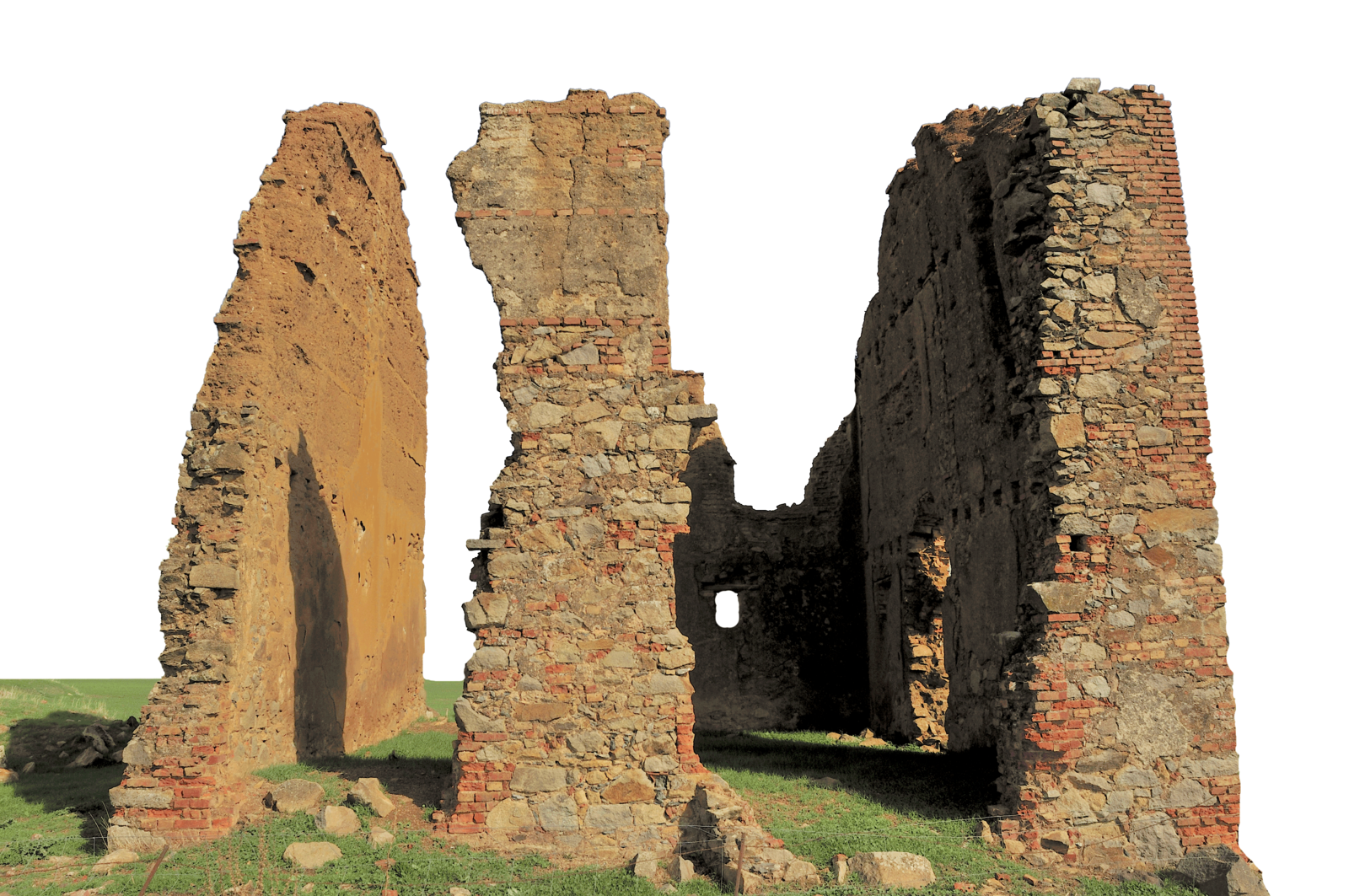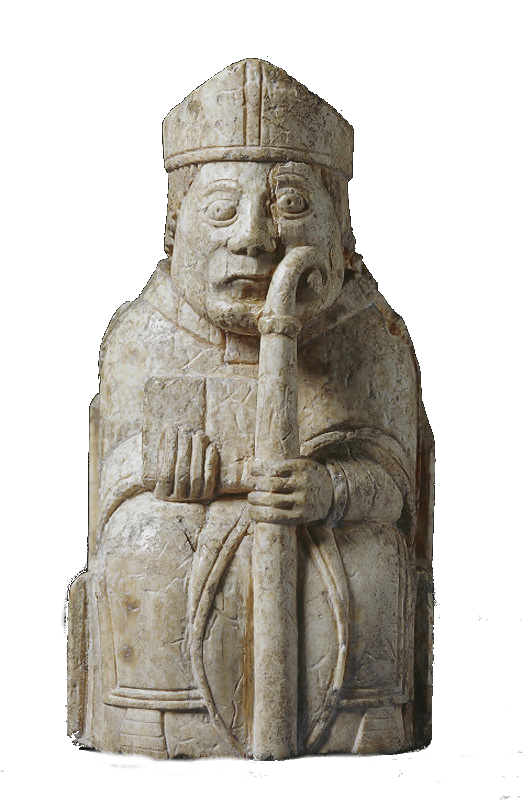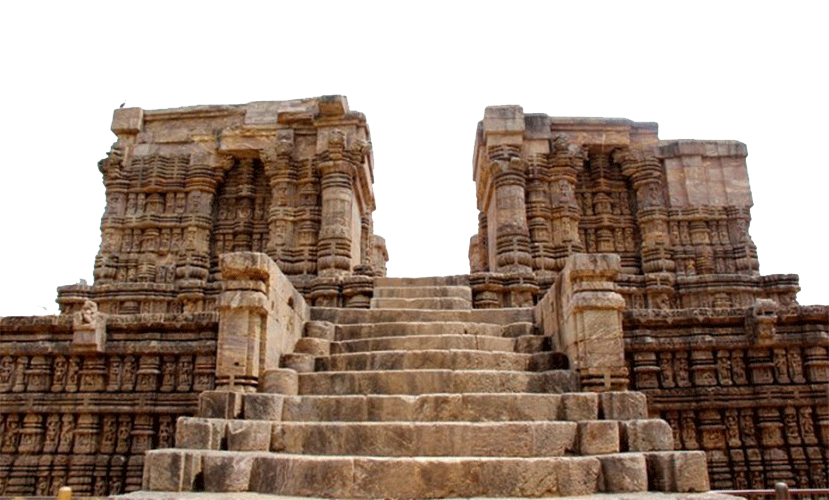Archaeology
Welcome to c/Archaeology @ Mander.xyz!
Shovelbums welcome. 🗿

Notice Board
This is a work in progress, please don't mind the mess.
- 2023-06-15: We are collecting resources for the sidebar!
- 2023-06-13: We are looking for mods. Send a dm to @fossilesque@mander.xyz if interested!
About
Archaeology or archeology[a] is the study of human activity through the recovery and analysis of material culture. The archaeological record consists of artifacts, architecture, biofacts or ecofacts, sites, and cultural landscapes.
Archaeology has various goals, which range from understanding culture history to reconstructing past lifeways to documenting and explaining changes in human societies through time.
The discipline involves surveying, excavation, and eventually analysis of data collected, to learn more about the past. In broad scope, archaeology relies on cross-disciplinary research. Read more...
Rules
- Don't throw mud. Be kind and remember the human.
- Keep it rooted (on topic).
- No spam.
- No pseudoscience/pseudoarchaeology.

Links
Archaeology 101:
Get Involved:
University and Field Work:
- Archaeological Fieldwork Opportunities Bulletin
- University Archaeology (UK)
- Black Trowel Collective Microgrants for Students
Jobs and Career:
Professional Organisations:
- Chartered Institute for Archaeologists (UK)
- BAJR (UK)
- Association for Environmental Archaeology
- Archaeology Scotland
- Historic England
FOSS Tools:
- Diamond Open Access in Archaeology
- Tools for Quantitative Archaeology – in R
- Open Archaeo: A list of open source archaeological tools and software.
- The Open Digital Archaeology Textbook
Datasets:
Fun:
Other Resources:

Similar Communities
Sister Communities
Science and Research
Biology and Life Sciences
- !anthropology@mander.xyz
- !biodiversity@mander.xyz
- !palaeoecology@mander.xyz
- !palaeontology@mander.xyz
Plants & Gardening
Physical Sciences
Humanities and Social Sciences
Memes
Find us on Reddit

view the rest of the comments
Clearly related to the Royal Game of Ur, but researchers looking at a bag of game pieces and pretending that they know how the game was played is absolute horseshit.
So they used AI to tell them how the game was played?
Most people might not pick up on this, but “with added complexity” is one of those phrases that ChatGPT uses a lot more than normal humans, especially when talking about game rules. I wonder if that’s the researcher’s usage, the article writer’s usage, or just a coincidence.
I can only assume you read the actual 78 page article and are comprehensively refuting the researchers' methodology based on your deep well of knowledge on this subject
I did not, hence why I’m asking the question.
Besides, yes they did use AI of some kind:
Edit:
I have now read the paper and have confirmed my issues with the methodologies. They said they are simulating rulesets using a self-play AI platform. They also seem to be assigning ideas they came up with to different game pieces, and then testing the rulesets with humans to see which ones are fun in several ways.
Whether a rule is fun is mostly unrelated to what the actual historical rule was. There are simply too many possibilities to claim they know what the solution is.
And of course, the headline is being sensationalist and saying things the authors aren’t. I do believe the authors are trying to present this ruleset as a plausibility rather than a true fact.
I can't see any part of the actual paper that discusses it, but I only skimmed that so I may well have just missed it. It sounds more like having computers play against each other a bunch of time with different rule sets to see which ones produce closer games or reward skill and such
They didn't used AI. They also developed a computer game that you can play against AI.
The article disagrees with you, unless I misunderstand what you are saying.
Please read the actual scientific paper, there is a link at the end of the article.
Yep, doing that now:
The link in that footnote says:
They seem to be making the AI generate its own combinations of rules and self-play until it comes across a ruleset that satisfies conditions like play length, complexity, and balance. Even ignoring how amazingly misguided this approach is, there’s no way to know if the parameters they chose are true to the original game.
Don’t get me wrong, an AI that does this is quite valuable for game designers! It’s probably not terribly useful for historical reconstruction though.
It's not that, I know why you are saying AI its very misleading (it's not your fault it's the article). There is a link at the bottom of the article. "Analysis of the Shahr-i Sokhta Board Game with 27 Pieces and Suggested Rules Based on the Game of Ur" read that please that's the actual scientific paper. You can also play the game. It's really good paper. It's nothing to do with AI, I don't really like AI generated either...
I’m quoting from the paper itself and the article referenced by the paper. I don’t know what you are trying to get me to do!
That's correct. That's from footnotes... But they haven't used AI for sure...
What the fuck are you talking about, Jesse?
Did... did you just get triggers by the idea that somebody might have used Ai?
Do you need help? Is the big bad Ai in the room with us right now?
Man you’re calling me out for the wrong stuff. I am one of the few AI proponents on Lemmy.
I’m triggered by the headline claiming they discovered the rules for a new game when they instead decided to make up plausible rules based on the game pieces that were nearby.
As a professional game designer, I know that there is no way to recreate the rules for a game based on a grab bag of parts - there’s far, FAR too much entropy in the possibilities.
Edit:
Like, imagine I handed you a bag of chess pieces, but there was also a toilet miniature. (I just picked something random that’s not already in a chess variant). I know what rules the toilet piece moves with, because I invented it, but there is virtually no way you can guess what the rules for it are. You could, like the researchers here, make up your own rules for that piece, but the likelihood of it being accurate is close to nil.
Hush.